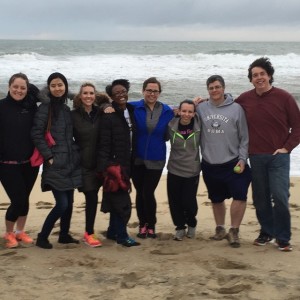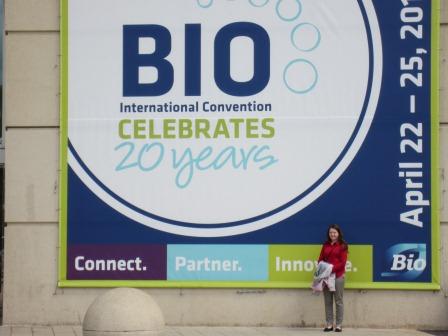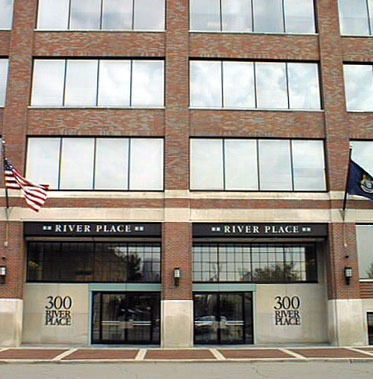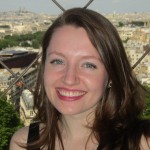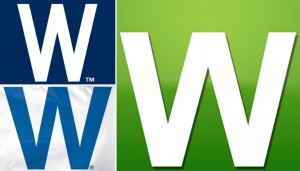
The WalletHub logo is being opposed by Major League Baseball on behalf of the Washington Nationals and Chicago Cubs. (Courtesy of Evolution Finance) (All Courtesy of Washington Post)
A post from our student blogger Roberto
When many hear the words “intellectual property” they think only of patents. In fact, there are many other forms of protection that are available depending on the subject matter. For example, a trademark can be filed to protect any word, name, symbol, or design, or any combination of the proceeding, to be used in commerce. This identifies and distinguishes the goods of one from the goods of another and serves as indication of the source of goods. Not surprisingly, most of the work of patent agents relates to patents. However, it is important to understand the other types of protect that exists and how they may fit in with your client’s needs.
For me, it has always been easiest to learn through examples. Better still, it is more fun to learn through examples that peak my interest. As you will likely find out in the coming months (through subsequent posts) I am an avid baseball fan and even play on a team back in Milwaukee. With spring training starting just a few days ago, and a torturous ending to the Packers’ season, I admittedly have a bad case of baseball fever. Out of the blue, I decided to do an online search for “baseball intellectual property”. Oddly enough, there were a few news outlets covering a trademark dispute between the Chicago Cubs (Booooo!!), the Washington Nationals, and a small Washington D.C. startup called Evolution Finance. Evolution Finance uses the trademark to represent WalletHub, a Web site they run where consumers can compare credit cards and find personal finance advice. The dispute is over Evolution’s application for a trademark, the white W on the green background, which Major League Baseball (MLB) is opposing because of the trademarks owned by their clubs, the Cubs and Nationals. While I have watched baseball my entire life, well since I can remember, I have watched baseball. One of my first memories was hitting baseballs off a tee in my backyard and I can’t tell you how many summer hours I have put in on the diamond. Even with my knowledge of baseball, I had absolutely no idea what the Cubs’ trademark was from. While I had never seen the Washington trademark because it was from their early Senators years (1912-1927), I was shocked to hear that the Cubs trademark had been used at least 38 times each season since the 1940’s. In fact, the Cubs trademark is actually depicted on a flag that is hoisted at their home stadium, Wrigley Field, after each home victory. After learning this, it made sense to me why I had not seen the flag before.
MLB is arguing that consumers may be confused by the Evolution Finance trademark and mistakenly associate it with baseball or believe that it is endorsed or partnered with MLB. Conversely, Evolution Finance is arguing that their uses are substantially different than those of MLB and that the uber-powerful baseball conglomerate is attempting to hijack the letter W and all its potential uses. Currently the two sides are awaiting a trial before the Trademark Trial and Appeals Board which will decide the fate of Evolution Finance’s trademark.
In a follow up to my last post, it looks like football player has followed in Marshawn Lynch’s footsteps and filed their own trademark application. Jameis Winston, the highly touted and potential first overall selection in this year’s draft, has filed a trademark application on his nickname “Famous Jameis”. In addition to the contract he will sign, last year’s number one pick Jadeveon Clowney signed for $23M guaranteed, Winston will look to cash in on branding much like Lynch aims to do. The trend of sports players seeking trademark protection for nicknames or catch phrases definitely seems to be heating up. In recent years Johnny Manziel, Roberto Griffin III, Jared Allen, Darrelle Revis and former players John Elway, Bart Scott, Michael Strahan, and Terrell Owens all have filed trademarks. Given the cash cow that sports marketing is, it is not surprising that athletes are looking to capitalize.
